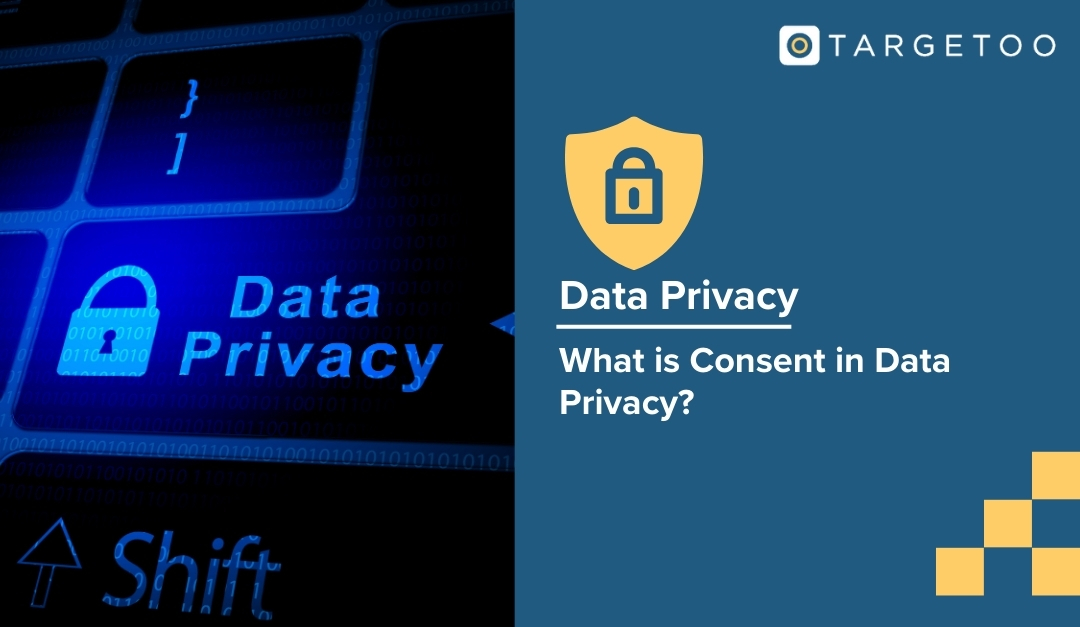Consent is a fundamental principle in data privacy that refers to the explicit permission given by an individual for the collection, use, or sharing of their personal information. It ensures that individuals have control over how their data is handled, and that companies are transparent about their data practices.
Under the General Data Protection Regulation (GDPR), which applies to the European Union, consent must meet very specific standards. It must be:
-
Freely given: The individual must have a real choice and control over whether to consent.
-
Specific: The consent must apply to a clearly defined purpose.

-
Informed: The user must be given clear, understandable information about what data is being collected and how it will be used.
-
Unambiguous: Consent requires a clear affirmative action, such as ticking a box or clicking “I agree.” Pre-ticked boxes or inactivity do not count.
Importantly, under GDPR, individuals also have the right to withdraw their consent at any time, and companies must make this process as easy as giving consent.
In contrast, the California Consumer Privacy Act (CCPA)—which governs businesses operating in California—does not define consent in exactly the same way. While it does not require prior consent for all data processing activities, it does emphasize transparency and control. Businesses must notify consumers about what categories of personal information they collect and allow them to opt-out of the sale of their personal data.
For certain sensitive actions, such as selling the data of minors under 16, the CCPA does require affirmative authorization—often referred to as “opt-in” consent.
In summary, consent is a vital concept for ensuring ethical and legal data practices. Whether operating under GDPR, CCPA, or other data privacy regulations, advertisers and businesses must ensure they are not only complying with the law but also respecting user autonomy. Clearly asking for and managing consent is key to building trust and maintaining brand integrity in a privacy-conscious world.

